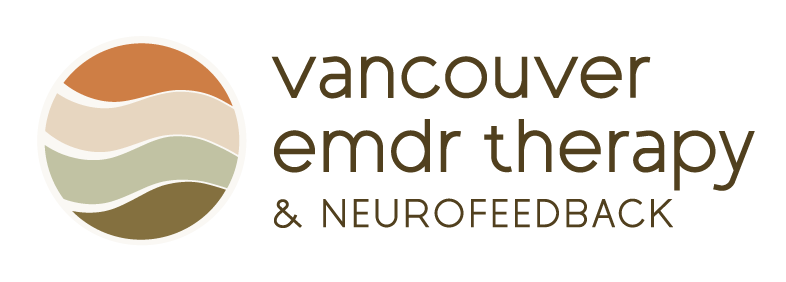Experiencing PTSD or other emotional stressors is not fun! In fact, it is really hard. You might even feel like you are losing your mind or going insane. It may even be one of the hardest things that you will ever experience in your life. It is a condition that you want to take seriously and not go through it alone.
 If you have PTSD, you are at much greater risk of developing a number of other mental health conditions, including anxiety disorders, depression, eating disorders, and substance use disorders. For example, researchers have found that people with PTSD are about six times as likely as someone without PTSD to develop depression and about five times as likely to develop another anxiety disorder. People with PTSD are six times as likely as someone without PTSD to attempt suicide. High rates of deliberate self-harm have also been found among people with PTSD.
If you have PTSD, you are at much greater risk of developing a number of other mental health conditions, including anxiety disorders, depression, eating disorders, and substance use disorders. For example, researchers have found that people with PTSD are about six times as likely as someone without PTSD to develop depression and about five times as likely to develop another anxiety disorder. People with PTSD are six times as likely as someone without PTSD to attempt suicide. High rates of deliberate self-harm have also been found among people with PTSD.
Create emotional wellness routines for self-care. These strategies can help to balance you out, slow down your symptoms and help you stay sane.
Spend time with people-
We are made for connection. No one is born into the world alone. We must have our parents or another caretaker meet our basic needs in order to thrive and grow. Our brains want connection as being with others in a close or supportive manner signals safety to our brains. Look for opportunities to be with people in person such as community group, take a class or learn a new hobby, join an exercise group or walk with a partner. Step away from your computer and phone if possible and be with others in- person for the most benefits.
Mindfulness-
Mindfulness practices can help to calm your nervous system as you develop a greater sense of the observer role. As an observer of your thoughts and feelings you can notice them come and go rather than identifying with them. A over identification to your thoughts and feelings increases your stress response. Rather than “I am sad,” you can just notice the feeling of sadness.
Exercise-
Get your body moving. Taking time to enjoy the outdoors, get some fresh air, and move your body. Exercise is a helpful way to regulate mood and emotions. Research has shown that physical exercise can help our brains better cope with stress. In fact, psychologists suggest that just a 10-minute walk per day can offer benefit to our mood and help to relieve anxiety and depression. Some research shows that regular exercise is as effective a psychotropic medication for anxiety and depression. Some people even benefit by gentle exercise which engages the breath in an intentional way such as yoga. Be on the lookout for trauma-informed yoga if you want your instructor to be trained and aware of working with your trauma needs.
Journal-
Some people find it relaxing to journal their thoughts and have a consistent place to go back to in order to write and process their experiences. Research has shown that people struggling with PTSD can find benefit in keeping a journal, including decreasing flashbacks, nightmares and intrusive memories, helping them slowly reconnect to people and places that they may otherwise want to avoid. Journaling can also aid in your counseling, as you can typically bring your journal to sessions as things come up that you would like to process. Talk with your therapist and see if this might be a good option for you.
Counseling
Time does not heal all wounds! Therefore, it is really important to get professional help and support if you are experiencing PTSD. Sadly, only one third of people with PTSD seek treatment for their condition. There are a number of effective treatments for PTSD. EMDR therapy is one of the leading types of treatment for PTSD. Receiving help from a trauma-informed qualified therapist is important. With PTSD you don’t have time to waste. Symptoms of PTSD will often not go away on their own and will often get worse if not addressed.
Lifestyle changes
PTSD symptoms will get our attention. It is an opportunity to evaluate our life and look for areas that we might want to make changes. Making healthy changes in our life will help to reduce PTSD symptoms. Key areas to explore is: sleep, nutrition, exercise, drug or alcohol use, caffeine, screen time and isolation. Making improvements in these areas will help you to heal and reduce your PTSD symptoms.
Source-https://www.verywellmind.com/coping-with-ptsd-2797536




